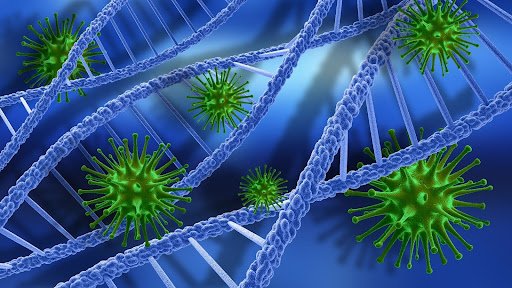Humanized monoclonal antibodies (mAbs) are revolutionizing the development of vaccines for infectious diseases, providing targeted immunity and therapeutic benefits. Unlike traditional vaccines that rely on the body to generate an immune response, mAbs deliver immediate immunity by targeting specific pathogens. This technology has shown promise in addressing both endemic and emerging infectious diseases, offering a new paradigm in vaccine development.
What Are Humanized Monoclonal Antibodies?
Monoclonal antibodies are lab-engineered proteins that mimic the immune system’s ability to fight pathogens. Humanized mAbs are derived by modifying antibodies from non-human species to resemble human antibodies, minimizing immune rejection while retaining their efficacy.
Applications in Infectious Disease Vaccines
- Prophylactic Use
Humanized mAbs can provide immediate protection by neutralizing pathogens before they establish infection. Examples include:
- RSV (Respiratory Syncytial Virus): Palivizumab, a humanized mAb, is used to prevent severe RSV infections in high-risk infants.
- SARS-CoV-2: Humanized mAbs, like those used in COVID-19 vaccines, target the virus’s spike protein to block cell entry.
- Post-Exposure Prophylaxis (PEP)
In cases of exposure to infectious agents, mAbs can be used as an emergency measure to prevent disease progression. For instance:
- Ebola Virus: mAbs like ZMapp have been used for PEP in outbreak settings, significantly reducing mortality.
- Therapeutic Applications
Humanized mAbs can treat active infections by enhancing pathogen clearance. They work through mechanisms such as:
- Neutralization: Blocking viral entry or toxins.
- Opsonization: Tagging pathogens for destruction by immune cells.
- Antibody-Dependent Cellular Cytotoxicity (ADCC): Recruiting immune cells to destroy infected cells.
- Vaccine Design
Humanized mAbs are also used in vaccine research to identify protective antigens and optimize vaccine formulations.
Advantages of Humanized mAbs in Vaccine Development
- Rapid Action: Unlike traditional vaccines that require time to elicit immunity, mAbs provide immediate protection.
- High Specificity: Humanized mAbs can be designed to target specific epitopes, ensuring precise action.
- Adaptability to Emerging Pathogens: mAbs can be quickly developed for novel infectious agents, making them invaluable during outbreaks.
- Reduced Immunogenicity: Humanization minimizes the risk of adverse immune reactions.
Current Challenges
- High Cost: The production of humanized mAbs remains expensive, limiting their widespread use.
- Limited Duration of Protection: Unlike traditional vaccines, the protective effects of mAbs are transient, requiring repeated administration.
- Scalability Issues: Large-scale production and distribution can be challenging, especially in low-resource settings.
- Resistance Development: Pathogens may mutate to evade antibody recognition, necessitating continuous monitoring and updates.
Future Directions
- Combination Approaches: Integrating mAbs with traditional vaccines to provide both immediate and long-term immunity.
- Biobetter Development: Optimizing mAbs for enhanced potency, extended half-life, and reduced production costs.
- Biosimilars: Developing cost-effective alternatives to branded mAbs for broader accessibility.
Conclusion
Humanized monoclonal antibodies are at the forefront of innovation in infectious disease prevention and treatment. Their versatility, precision, and rapid action make them invaluable tools for combating both known and emerging threats. As technology and production methods advance, these biologics are poised to play an even greater role in vaccine development, offering hope for a healthier future.
Genext Genomics is at the cutting edge of monoclonal antibody research, using advanced techniques like hybridoma technology and Biolayer Interferometry (BLI) to accelerate antibody discovery. Partner with us to explore new frontiers in vaccine innovation.



